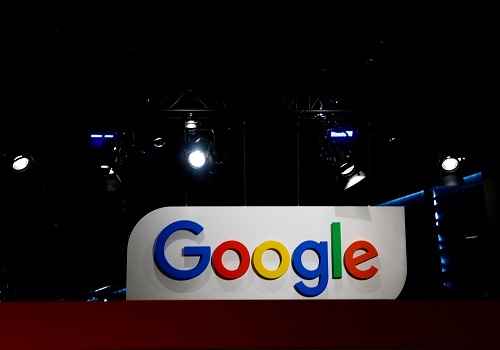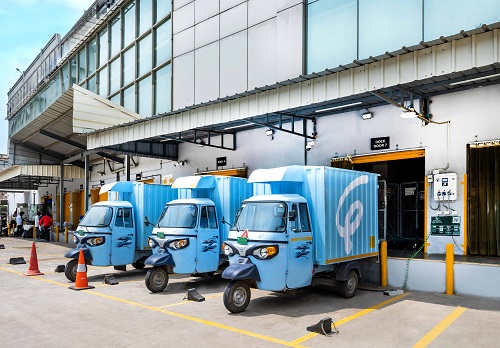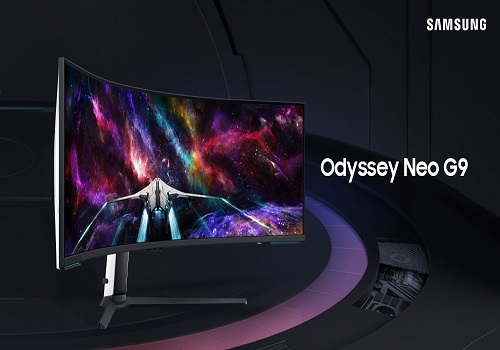Google accuses India antitrust body of protecting Amazon in Android probe

Google has accused India's antitrust body of ordering changes to its business model "only to protect" rival Amazon, which complained about its struggles to develop a modified version of the Android system due to Google's restrictions, legal papers show.
Google has approached India's Supreme Court to quash the Competition Commission of India's (CCI) October order asking the company to make 10 changes to its business model after the CCI found it abused its dominant position in the market with its Android operating system, which powers 97% of India's smartphones.
Google's latest Supreme Court filing shows its deepening disagreement with how the CCI conducted its Android investigation.
In an earlier December filing in a lower tribunal, Google said CCI officers had "copypasted" parts of a European ruling against the U.S. firm in a similar case. CCI denied the accusation.
In the CCI's October order, which also fined Google $163 million, the company was asked to allow modified versions of its Android operating system, called Android forks, to be liberally distributed without any licensing restrictions such as those related to pre-installation of Google apps.
Amazon told the CCI during the investigation that Google's restrictions hindered development of its Android fork called Fire OS, and Google said the watchdog unfairly relied on that in passing its adverse decision against it, the company said in the June 26 Supreme Court filing.
"Globally, FireOS failed commercially due to poor user experience. In India, the Fire Phone was not even launched," Google argued in its 1,004-page filing, which has not been made public but was reviewed by Reuters.
"Thus, the Commission called Amazon’s lack of attempt to compete in India a failure and attributed it to Google’s agreements."
The CCI's directive was issued "only to protect Amazon - who complained that its attempts at creating a forked version of the Android did not work because of (Google's) restrictions."
Google declined to comment, citing ongoing legal proceedings. Amazon also declined to comment, while the CCI did not respond to the Alphabet-owned company's court filing, which is set to be heard in the coming days.
In 2021, South Korea fined Google $159 million for blocking customized versions of Android.
Google has been particularly concerned about India's Android decision as the directives were seen even more sweeping than those imposed in the European Commission's landmark 2018 ruling against the company's Android market abuse.
Google has challenged both the South Korean and European orders.
In its October ruling, the CCI said its investigators found Google's contractual restrictions had "reduced the ability and incentive of device manufacturers to develop and sell" devices operating on Android forks, hurting consumer interests.
Amazon told Indian investigators the creation of Fire OS, as a forked Android, took "substantial resources", including thousands of employee hours, court papers show.
Google is arguing in India's Supreme Court against any penalty and saying it did not abuse its market position. The CCI wants Google to comply with its all its directives, the watchdog said in a separate filing seen by Reuters.
Google has made sweeping changes to its Android business model in India following CCI's directive.
A lower tribunal ruled that Google should pay the penalty and confirmed it abused its market position, in line with CCI's findings, but the U.S. company continues to fight it out in the Supreme Court.
























